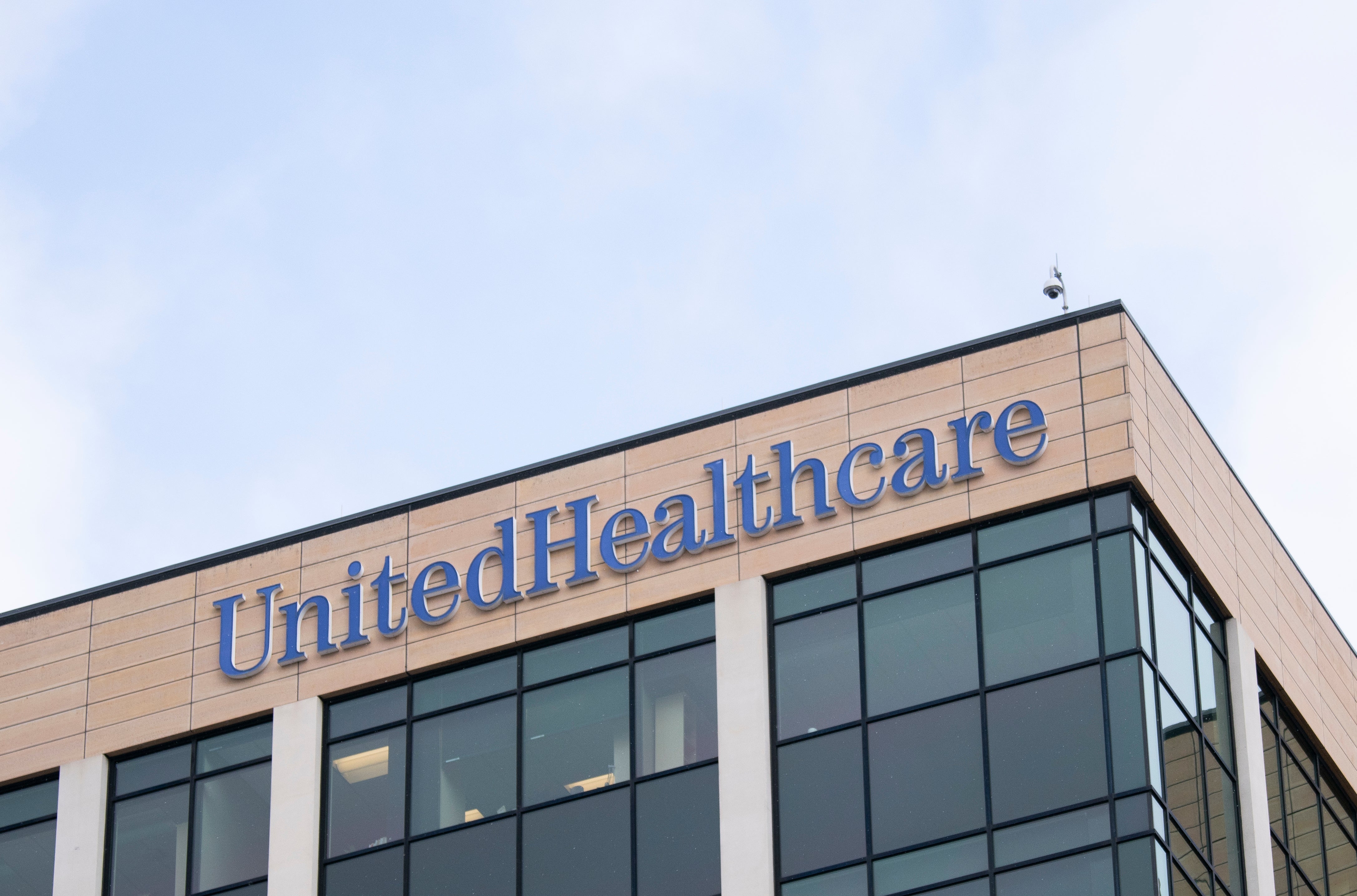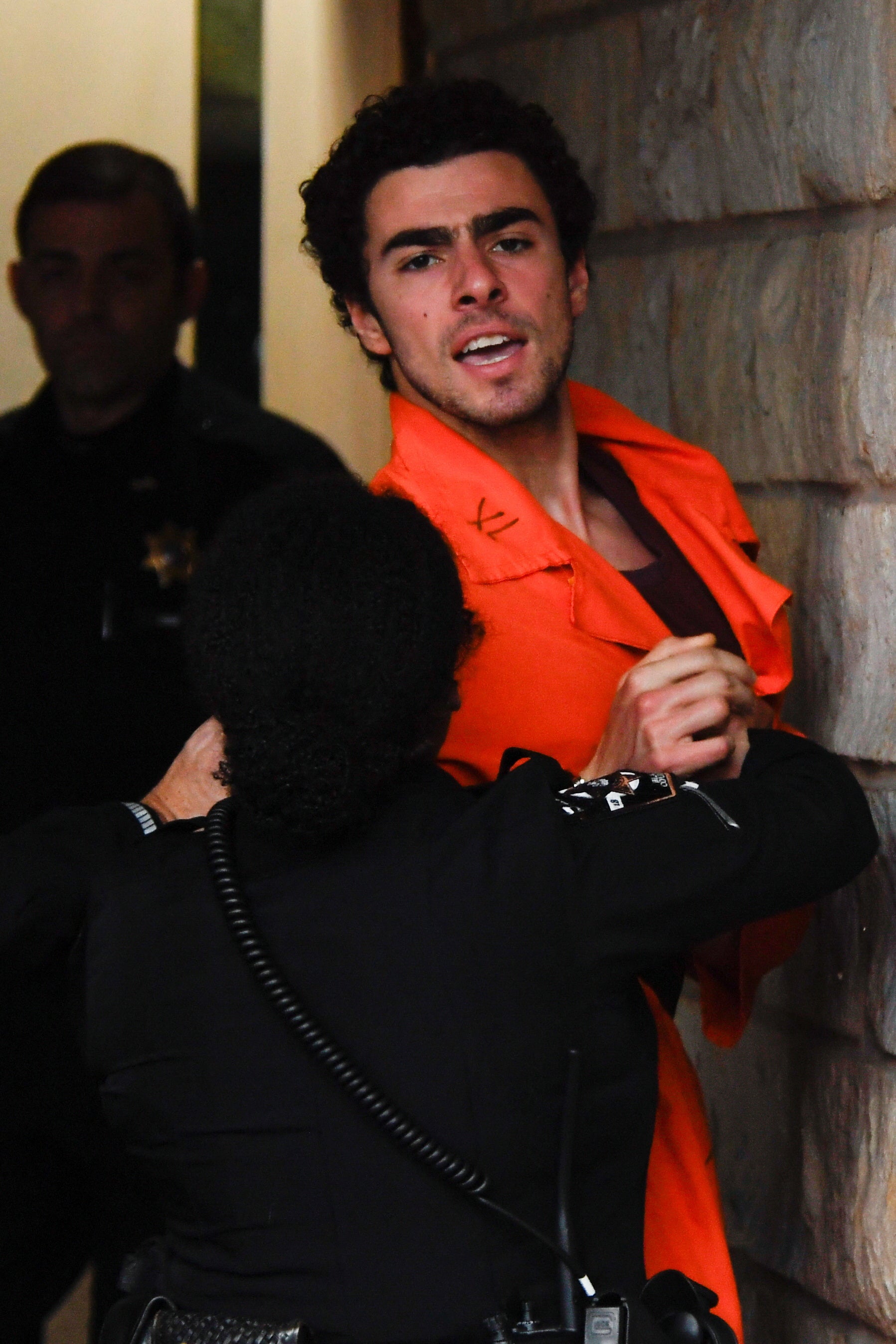Health insurance stocks have tumbled in days since United Healthcare CEO murder
Fatal shooting has sparked an increase in people sharing negative experiences with health insurance companies
The fallout from the fatal shooting of United Healthcare CEO Brain Thompson has led to a tumble in stock values for major insurance companies.
Thompson was shot and killed by a masked gunman, suspected to be 26-year-old Luigi Mangione a week ago in what is believed to be a targeted attack apparently based in part on grievances with the U.S. health insurance system.
The shocking nature of the shooting has shined a glaring spotlight on the worst parts of health insurance companies’ policies leading to a small anti-health insurance company movement online.

Some of the largest healthcare insurance companies such as United Healthcare, Cigna, Centene Corp., CVS Health Corp and Humana Inc. have all watched their stock values drop over the last week – indicating the impact of the shooting on the healthcare industry is palpable.
On Wednesday, the day of the shooting, United Healthcare’s stock opened at $610.79. Exactly one week later, it’s $537.82 – a nearly 13 percent decline.
Cigna and CVS Health Corp, some of the nation’s largest private health insurers, experienced a 12 percent and 11 percent decline, respectively.
Centene was hit with a 5 percent drop, while Humana had a 3 percent decline.
That seems to be a response to “renewed rhetoric” around insurance companies, Jared Holz, a healthcare equity strategist at Mizuho Financial Group told CNBC.
“I think the response investors have had is, ‘Do we want to own this category of stocks if there’s going to be this now renewed negative focus on the industry?’” Holz said.
Mangione, who is facing gun-related charges in Pennslyvania and a murder charge in New York, reportedly wrote a “manifesto” apparently referring to the killing and condemning insurance companies for placing profit over people.
“What do you do? You wack the C.E.O. at the annual parasitic bean-counter convention. It’s targeted, precise, and doesn’t risk innocents,” read one passage of the note, police reported.

Mangione allegedly waited outside a Midtown Manhattan hotel where Thompson was staying to attend a conference before the attack.
Mangione fled, leading police on a multi-day manhunt, according to investigators.
But while law enforcement officials attempted to piece together the tragic shooting, people online often supported Mangione for seeking retaliation against insurance companies for unfair practices. A small movement inspired people to share their negative experiences about health insurance companies denying coverage for sick or injured children, adults or older adults.
The stock values are now paying the price.
“The anti-insurer sentiment expressed by the public after this event suggests that UnitedHealth and perhaps the industry may need to adjust how they handle coverage decisions,” Julie Utterback, a Morningstar analyst, told Forbes.
“Otherwise, they may face the wrath of the public, which will hopefully come in a more civilized form—such as increased regulation — than what happened this week.”
Join our commenting forum
Join thought-provoking conversations, follow other Independent readers and see their replies
Comments
Bookmark popover
Removed from bookmarks